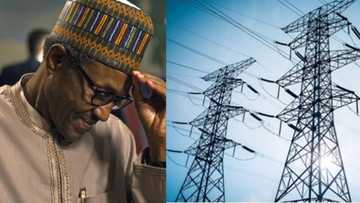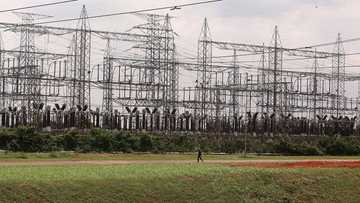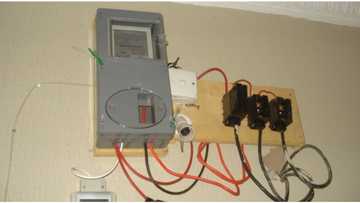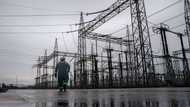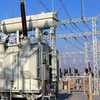
Power Holding Company Of Nigeria - PHCN
Name: Power Holding Company of Nigeria (PHCN)
Established: 2005 (formerly National Electric Power Authority - NEPA)
Headquarters: Abuja, Nigeria
Function: Electricity Generation, Transmission, and Distribution
What Is PHCN?
The Power Holding Company of Nigeria (PHCN) was a government-owned entity responsible for the generation, transmission, and distribution of electricity across Nigeria. Established in 2005, PHCN succeeded the National Electric Power Authority (NEPA) as part of the Federal Government's efforts to reform and privatise the power sector. The transition aimed to improve efficiency, attract private investment, and enhance service delivery in the electricity industry.
Historical Timeline
1898: The first power plant in Nigeria was installed in Lagos, marking the beginning of electricity generation in the country.
1950: The Electricity Corporation of Nigeria (ECN) was established to integrate and manage electricity supply nationwide.
1972: The ECN merged with the Niger Dams Authority to form the National Electric Power Authority (NEPA), centralizing electricity generation and distribution.
2005: NEPA was restructured and renamed as the Power Holding Company of Nigeria (PHCN) under the Electric Power Sector Reform Act, initiating the unbundling process into separate entities for generation, transmission, and distribution.
2013: PHCN was officially unbundled into 18 successor companies: 6 generation companies (GenCos), 11 distribution companies (DisCos), and the Transmission Company of Nigeria (TCN). These entities were subsequently privatised to improve efficiency and service delivery.




